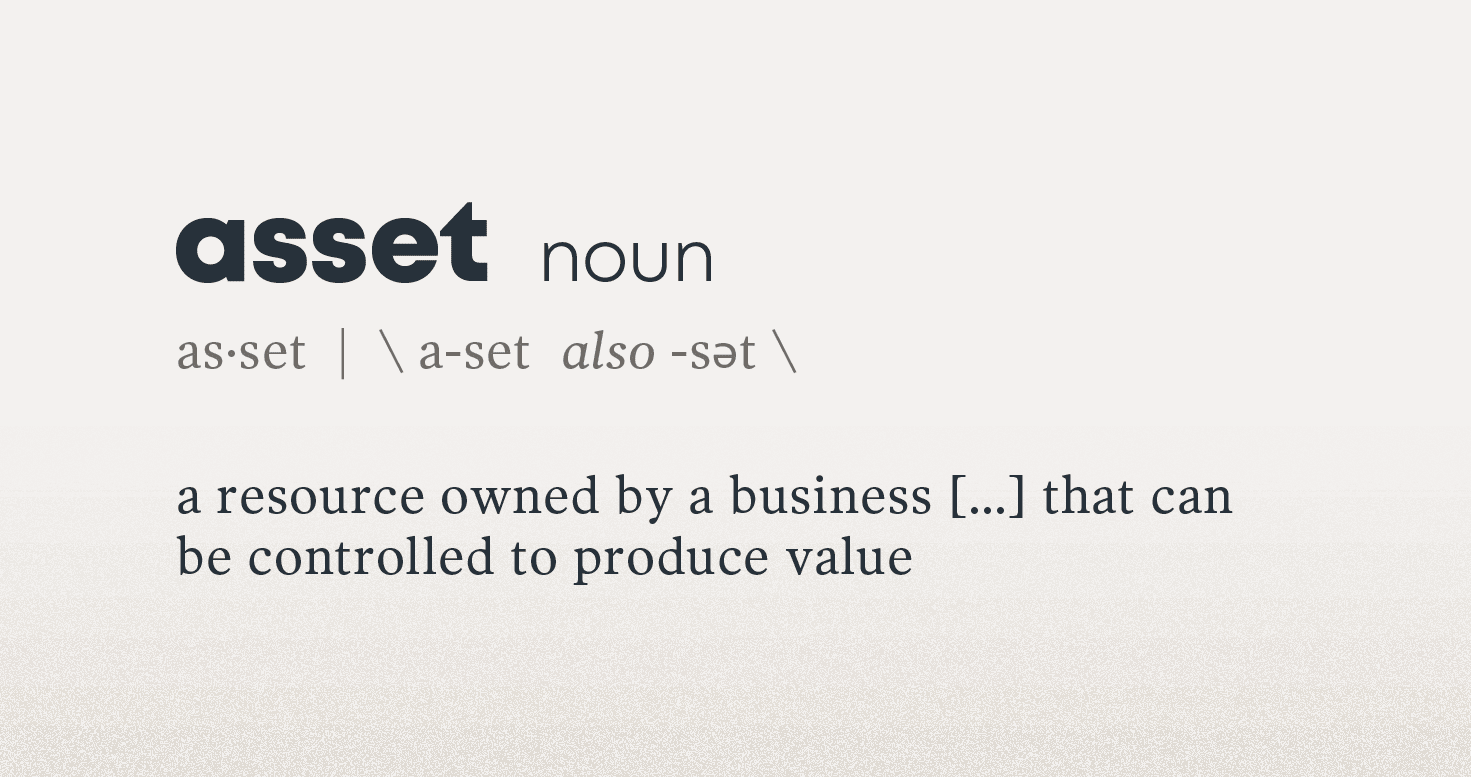
How Kinesis Spends Our Marketing Dollars
It can be difficult to define a marketing budget, but it helps to look at how peers are allocating resources. We decided to start with ourselves.

When was the last time you applied for a new job?
If you’re a business owner or CEO, it may have been a while ago. You probably spent hours fine-tuning your resume, crafting a unique cover letter, and sourcing recommendation letters — all in the interest of marketing yourself as the best choice for the position.
And the employer’s contribution to that exchange? Essentially: “now hiring.”

But as the business world faces the largest period of employee turnover in recent history, those roles are almost completely reversed. Employers are having to market themselves as the best choice, instead of the other way around. And after two years of work being turned upside-down, candidates are more discerning than ever — and keenly aware of what they want from a company culture.
In fact, the internet is awash with articles about specific phrases to watch out for in interviews… written not for the company, but for the candidate. Prospective employees want to know exactly how they’ll be treated and what kind of work environment they should expect... so they’re paying close attention to the words you use to describe it.
But the importance of words extends well beyond the interview process. In fact, the words you use day-to-day are an excellent litmus test for the health of your culture overall.
For example, if you ask any business leader in the world, “Does your organization care about its people?” invariably, every one of them will answer with an emphatic yes. “Of course we care about our people, they’re our most valuable asset!”

Then those same business leaders are left stumped as to why so many of their team members are quitting, or why their job descriptions aren’t attracting enough applicants.
Could one reason be that they just called their employees (by definition) “a resource owned by a business […] that can be controlled to produce value”?
Hopefully you wouldn’t say that (or wouldn’t mean to), but the fact is, we use many of these phrases on autopilot. This is a shame, since how you talk about your team is a direct reflection of what you think of them. Are they trustworthy or unreliable? Are they lazy or industrious? Can they self-manage, or must they be controlled?
The words we choose can not only communicate our thoughts, but actually shape them — which means that language also quickly becomes a self-fulfilling prophecy. We cannot do our best work under leadership that presumes our stupidity, our laziness, and our untrustworthiness. People show up the way we are expected to show up — the way we are treated and talked about.
Put another way, when it comes to people, you get what you design for.
There are a few key areas in which the language you use can have a profound impact on your team and culture:
We’ve already talked about one important opportunity for better communication — when describing your company culture in the recruitment process. Here are some examples of phrases that send the wrong message:
| What You Say | What Candidates Hear |
|---|---|
| “We’re like a family here.” | “We don’t have boundaries.” |
| “You’ll wear lots of hats.” | “You’ll only be paid for one of those hats.” |
| “Hustle” / “Grind” | “We don’t care about work-life balance.” |
| “We’re looking for a self-starter.” | “We have no onboarding process, good luck figuring things out on your own.” |

Pay attention to the conversations happening in your office. What kind of language is used to describe people and teams?
| What People Say | What People Hear |
|---|---|
| “This program will incentivize employees.” | “You won’t do your job unless we dangle a carrot.” |
| “We need to control [X].” | “You can’t be trusted to make decisions.” |
| “This tool is used to measure performance.” | “Your contribution to the company is purely quantifiable.” |
| “We have to enforce [X].” | “We see you as something to be policed.” |
But perhaps most telling is how leaders talk about their team outside the company. At Kinesis, we have these conversations often. In fact, we work with lots of business leaders who come to us saying how much they care about their people... but that claim is put to the test when they bring up various team challenges and who is to blame.
Here are some examples of phrases they say, and what they mean to us:
| What They Say | What We Hear |
|---|---|
| “Our people are lazy.” | “Our company’s purpose isn’t motivating.” |
| “We can’t find candidates because nobody wants to work.” | “This job isn’t attractive to people for a reason.” |
| “We do so much for them, and they’re unappreciative.” | “We don’t know what perks or benefits matter most to our employees.” |
| “They’re just not getting it.” | “We need to improve our internal communications.” |
| “They’re making excuses.” | “We need to create a better working environment.” |
In other words, we often find that the surface language used to describe a complaint actually hints at a larger business issue that need to be addressed — and usually, that issue has less to do with the team’s shortcomings and more to do with leadership, processes, or business model.
The good news is, the self-fulfilling prophecy of language goes both ways — which is to say that you can use the transformative power of words to your advantage. By being deliberate about how you talk about your people and culture, you can create positive change and start to shape the culture you want to see.
“
Working on our values, working on the mission statement — it’s given us the words to talk to our team in a way that resonates with them. They feel heard and listened to. It’s helped us have a better overall vibe here; it’s a happier place to be.

President at Pratt + Larson
That’s why at Kinesis, we start every client engagement with words — with a mission, core values, and a big vision. This gives a shared vocabulary to the team about who you are, what you stand for, and where you’re headed. Then, we work with business leaders to weave these core tenets into ongoing internal and external communications, until they are so second nature that they begin to inform decisions, empower autonomy, and build trust.
“
Having a clear mission and values is really something. People in our community know our mission statement now — I talk to them at parties and they bring up ingenuity. Clarifying that stuff has made it so easy to roll out to our employees. We use it as a management tool, to help us answer questions… it’s brought clarity to how we do things. That’s huge.

President at Solid Form
So, how can you re-shape your language to be more human-centered? One easy first step is to ask yourself:
“Does how we talk reflect what we actually believe about people?”
“
Our mission and values aren’t just a bunch of words. It resonates with a lot of people — we put it in all our open positions, and a lot of people are impressed by the company because of it. We receive a lot of compliments. It has served a great purpose not only as a way of helping people understand who we really are, but also as a guidepost for us managing the business.

President at G4 Kegs
The lesson here? It’s about so much more than just better-sounding job descriptions. Language can have a ripple effect on all other aspects of your culture — and understanding that impact is critical to the future of work.
Get insights like this straight to your inbox.